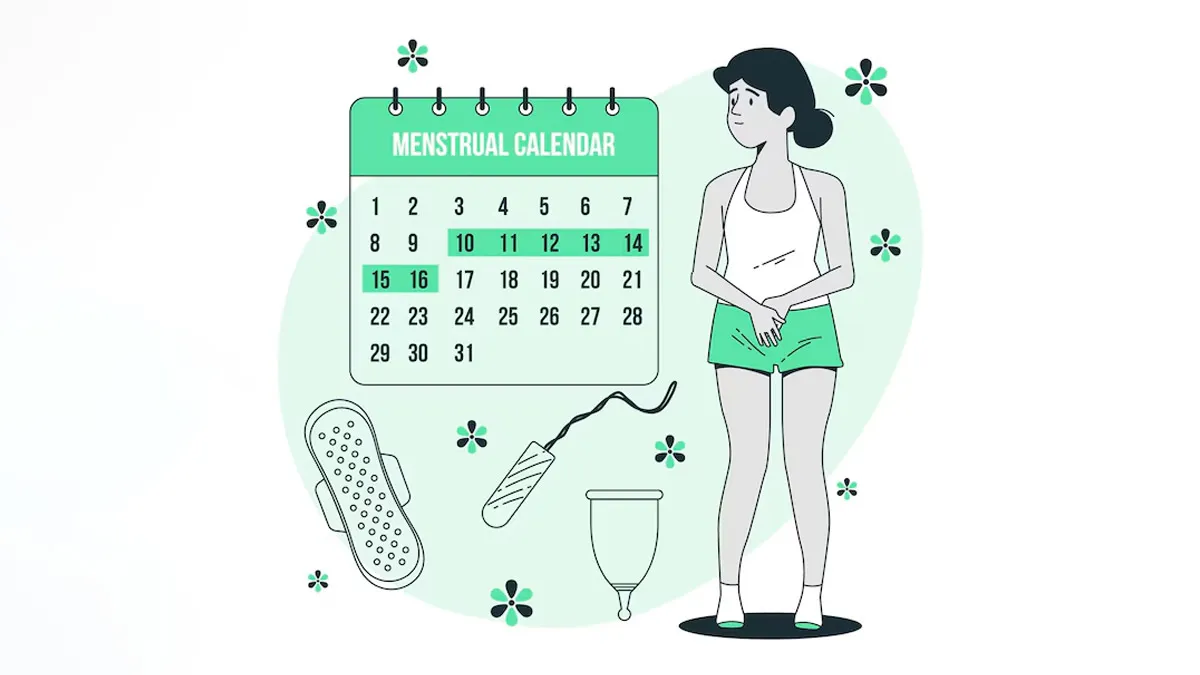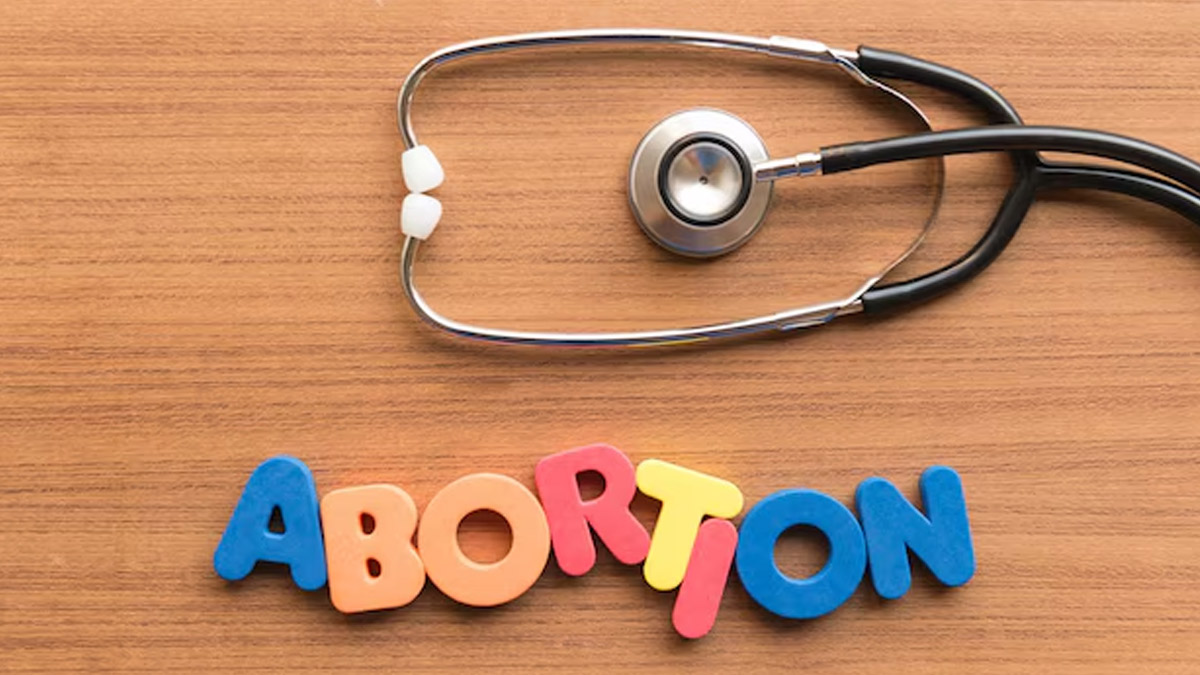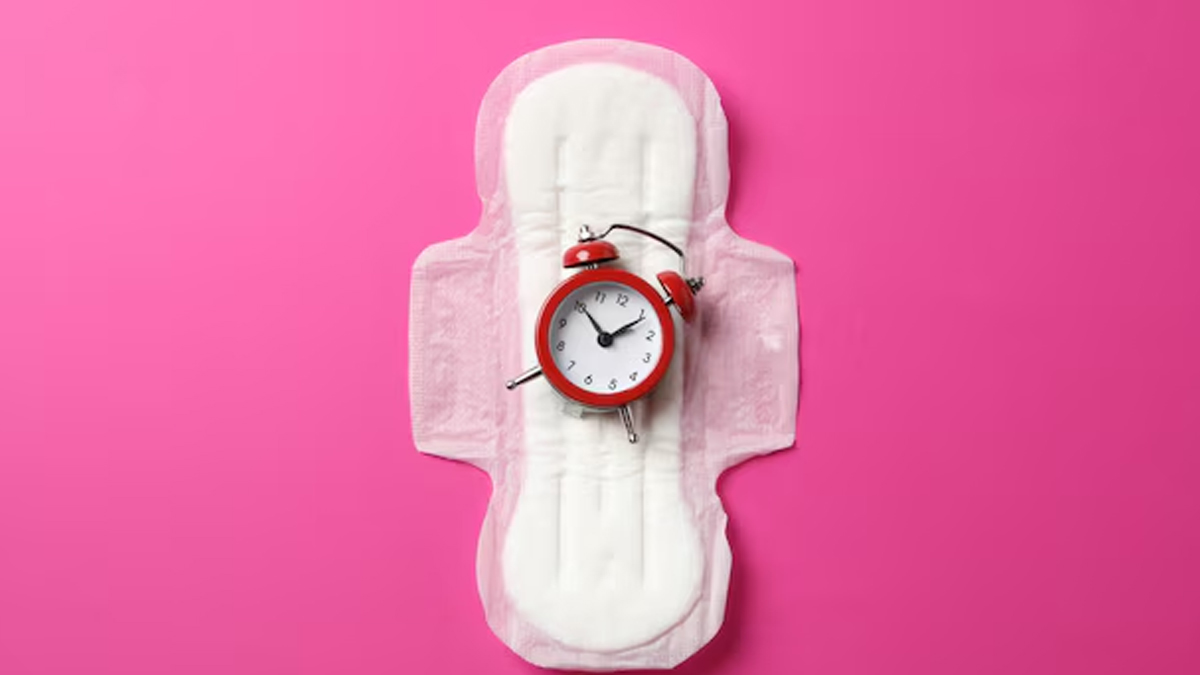
What if your period doesn’t return the way you expected after an abortion? The wait, the changes, and the uncertainty can feel overwhelming. Bleeding patterns can vary; some experience heavy flow with clots, others spot for weeks. But how do you know what’s normal or a red flag?
Table of Content:-
Understanding what is expected and when to seek advice is crucial when it comes to recovery and healing after an abortion which can cause stress and anxiety. We spoke to Dr Padma Srivastava, Consultant Obstetrician and Gynaecologist, Motherhood Hospitals, Lullanagar, Pune, who shared insights on the same.
Understanding Post-Abortion Bleeding

Post-abortion bleeding is a common and expected occurrence, but the nature and duration can be very different from woman to woman. "Some women will have heavier bleeding after the procedure, while others will have lighter spotting that lasts longer. It is important to understand that your body is experiencing hormonal shifts as it attempts to resume a normal menstrual cycle, and this can influence how your period acts after abortion," said Dr Srivastava.
How Long Does Bleeding Last?

Post-abortion bleeding can vary from a few days to several weeks. Initially, you may notice that the bleeding is similar to a regular heavy period, with bright red blood and possible clotting.
"As the days pass, it usually becomes lighter before stopping completely. On average, bleeding may last anywhere between one to two weeks, but in some cases, women can experience spotting for up to four weeks. This is because of hormonal changes as the body attempts to return to the regular cycle," explained Dr Srivastava.
Also Read: Did The Abortion Pill Work? An Expert Explains The Signs And What To Do Next
When to Expect Your First Period
The first period after an abortion can also differ in woman. On average, it may take anywhere from four to eight weeks for a woman to experience her first post-abortion period. "Factors like hormonal balance, the method of abortion used, and whether or not birth control is being utilised can all influence when the period will return. One has to be cautious and track the symptoms and report to the expert," added Dr Srivastava.
Signs That Require Immediate Medical Attention
Dr Srivastava advised, "While bleeding is normal after an abortion, certain signs indicate the need for immediate medical attention. If bleeding is excessively heavy, such as soaking multiple pads within two hours, or is accompanied by severe pain, fever, or foul-smelling discharge, it may indicate an infection or underlying health issue that requires immediate evaluation." Timely intervention can prevent further complications and ensure your recovery is on track.
Also Read: Understanding Safe Abortion Practices: A Guide For Young Adults Aged 18 & Above
Post-Abortion Care for a Smooth Recovery

Women who undergo an abortion need to be extremely cautious and stay in touch with an expert. Pay attention to post-abortion care, and follow up with the expert for a smooth recovery and menses. Moreover, staying hydrated, avoiding strenuous activities, and maintaining good hygiene can support healing and improve overall well-being.
Watching over your symptoms and keeping in touch with your physician helps in easier recovery. Dr Srivastava suggests that women also keep following their menstrual cycle and report to their healthcare provider in case they develop any changes or unusual symptoms.
Bottomline
Dr Srivastava concluded, "If you have concerns about your bleeding pattern or overall health, then it is essential to stay in touch with the expert without further delay. So, women follow the guidelines given by the expert only."
[Disclaimer: This article contains information provided by an expert and is for informational purposes only. Hence, we advise you to consult your professional if you are dealing with any health issue to avoid complications.]
Also watch this video
How we keep this article up to date:
We work with experts and keep a close eye on the latest in health and wellness. Whenever there is a new research or helpful information, we update our articles with accurate and useful advice.
Current Version